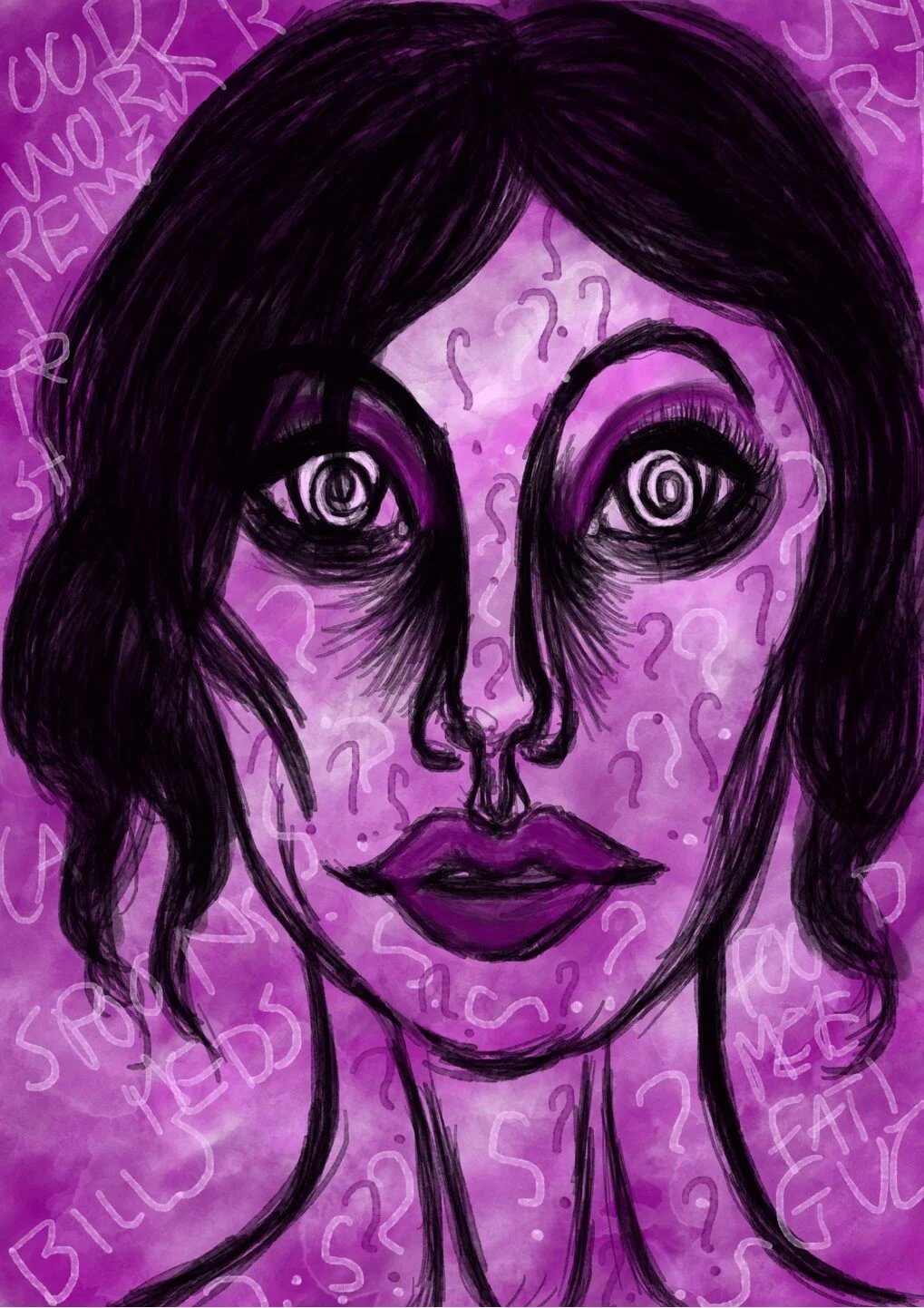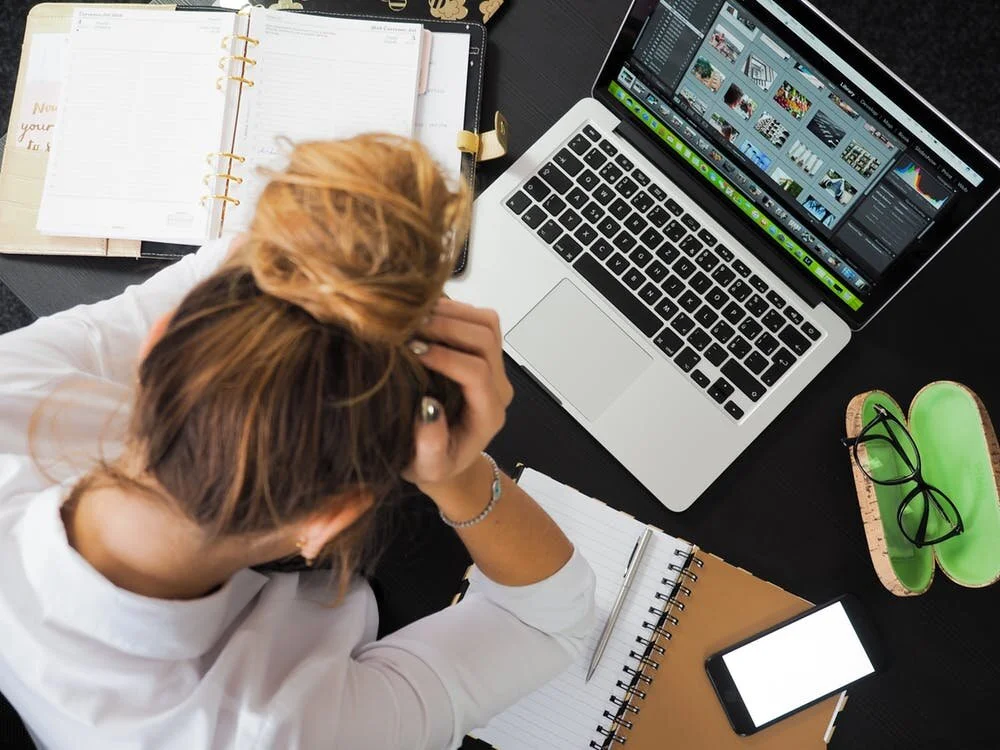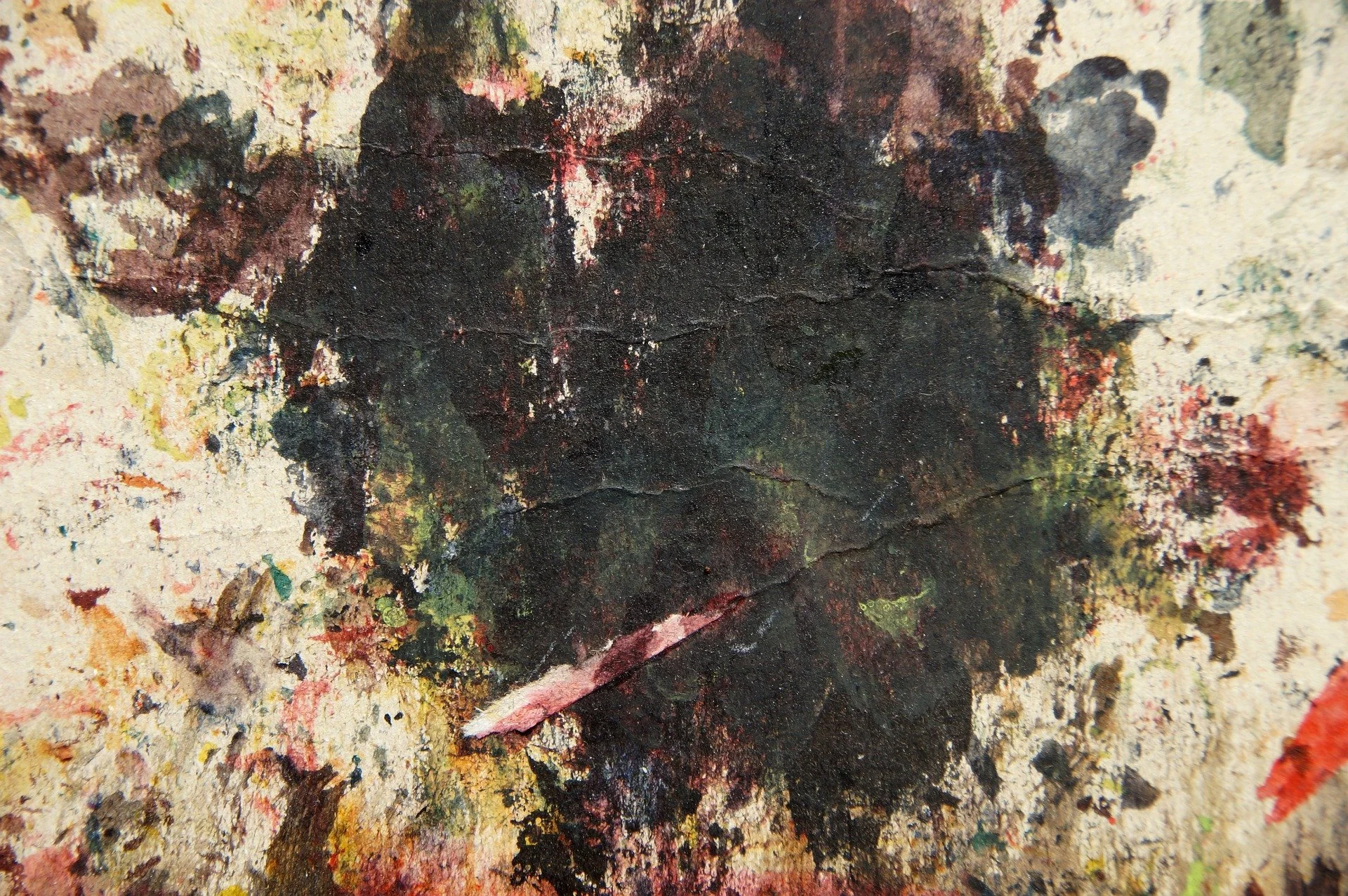The Thinking of Thoughts and the Privilege not to Do So
Hey there folks! I’m about to think about some thoughts that I have been thinking about in abundance lately. I suppose you could call this article a think-piece, which you will soon discover, is a hilariously ironic label for the piece of writing I’m about to hurl at you –Seriously, this is some Alanis Morrissette level of irony—if you miss the irony, that’s okay too, but listen to the song, it is and always will be a banger.
To set the scene, imagine a dystopian-like world where the entire population of planet earth has been brought to its knees by a sneaky virus that spreads like rumors in a stereotypical sitcom high school. Basically, you’ve got to imagine, like, people young and old dropping like flies, people hoarding essentials like toilet paper, governments declaring a state of emergency, and healthcare systems across the globe in desperate states. Right, so basically, a real all-around mess only lacking zombies and alien invasions. –Oh? Oh, you don’t have to imagine?
Ah, man, my bad, I forgot it’s twenty-twenty and we’re in the midst of a global pandemic.
Say hello to my little friend –the Coronavirus 2019-nCoV, COVID-19 to friends. This nasty bugger has the world in a panic after existing for mere four-ish months, and already racking up a death toll more impressive than its close relatives ever came close to. As far as this virus considers, it’s the go-getter of the family. Now, in all seriousness, global health crises are to be taken seriously, but with all the media coverage and near right panic circus updating individual death tolls on constant repeat, the concept of health is understandably back on peoples’ minds. And this is what I’ll be talking about in my think piece –The privilege of not having to think. (Seriously yall, tell me I’m not the only one blasting ‘It’s like raaaaain on your wedding day’ in my head).
I know, I know…a think-piece on the privilege of not having to think…It’s a bit out there, not to mention it’s to do with health. I know some of you are rolling your eyes ‘Danielle! Health again? Is this all you can write about?’ –Well, no, I can also write short stories about tragic people, so snaps for me— However, that is beside the point. The point is, I write about thinking and health a lot for a reason. That reason would be that health, particularly my health (or lack of), forces me to think about a lot of thoughts that regular old healthy people would never dream of thinking of on daily bases.
There is a concept of privilege being seen as something someone can do as opposed to something someone can do without. And this is a misconception that truly baffles me at times. As someone who is so tightly connected to the chronically ill community, it really shocks me to realize how much thought we put into our everyday lives, so much thought that goes unnoticed by those who have the privilege to ignore it. I have touched on the subject of health on both personal and more universal level in some of my previous articles on BTSB. Thus, some people might fairly suggest that I’m beating a dead horse here (no pun intended) as I could rant and rave about all the injustices and challenges that chronically ill people have to deal with in their everyday lives…and end up either preaching to the choir of all my fellow spoonies mentally screeching “yaaaaas, relatable!!!”…or barely hitting the nail on the head with all those lucky, lucky, lucky sons of bitches, who get to have no idea what a “spoonie” is.
Before I go any further; you may have noticed I used the term spoonie. I don’t mean to insinuate that most of you probably don’t know what a spoonie is, but I’m working off the basis that no one but spoonies would have to ever preoccupy their minds with such a silly term. Well, in the spirit of not having the privilege to not think, I’m about to offer up some more thinking! [Cue in enthusiastic cheering].
A spoonie:
The Urban dictionary defines a Spoonie as “a person living with chronic illness, that identifies with Christine Miserandino's Spoon Theory.” (“Urban Dictionary,” n.d.).
Basically, this Spoon theory is all about chronically ill people having to ‘count their spoons’ or having to measure their daily abilities by the fictional number of spoons they’d have for the appropriate occasions. Daily tasks, no matter how ordinary, take a number of spoons to complete and therefore one must keep an eye on their spoons so that they don’t run low or God forbid run out. Long story short—you’ve got to think about spoons all the God damn diddly time.
Healthy people typically only think of spoons when they want to eat soup or ice cream or maybe, like, an apple-crumble pie but that really depends on preferences. But now, it seems, it’s raining spoons for all the people who have yet to learn the calculus of silverware.
ENTER COVID_19
It’s like the rest of the world suddenly found themselves in the heads of any old spoonie off the block. Suddenly the entire world flips upside-down and you’re forced to think about thoughts you never thought necessary to think about. Is it safe to go outside? Do I have enough medical supplies at hand? What do I do when my pharmacy is out of the meds I need? Do I really really really have to wash my hands for more than 10 seconds every time I come home? (Yes, the answer to this question is always yes, come on, people. Wash your hands). What do I do if I land myself in the hospital? How do I work around the challenges posed by this disease? How do I keep myself safe and healthy both physically and mentally and still get all the shit that needs to be done, done?
You think. You take precautions. You have plans A, B, C, D and contingency plans after contingency plans for your contingency plans. It’s all a miraculously horrible web of ‘what ifs’ and ‘should I, could I, dare Is’. Yeah, it sucks.
Now, if you bear with me a moment, I’ll pull together the strings of all these thoughts, or attempt to do so. In my experience, explaining the thought process that goes into the daily life of a chronically ill person, the counting of spoons, the holding and stashing of spoons, the choices so seemingly trivial that have to be made annoys the heck out of typically healthy people. The most common response over the first round of explaining is that of polite listening with the ever-present crease in their brow that jerks with irritation when the realization of this story not being short or sweet strikes.
With this exceptional situation at hand, this pandemic threatening the health of even those young and healthy, it does suddenly force those not chronically ill to walk a mile in our metaphorical medieval torture device stiletto heels. It’s not easy thinking about thoughts—especially thoughts that revolve around survival and constant worry. It might come as a genuine surprise to some that it is not just health, that health affects. Jobs, relationships, education, money. It all depends on the number of spoons a spoonie has available. COVID—19 has taken away the seemingly endless supply of spoons for those blessed enough to be healthy. They are suddenly forced to do with less. Those who lose their jobs because their employers claim their job cannot be done remotely? –Welcome to the lives of wheelchair users or chronic pain patients. Those who are fighting constantly with their loved ones being stuck in close quarters? –It’s a regular Tuesday night for someone suffering from insomnia or mental disorders, who just cannot spare the spoons to force a smile. It’s all a matter of working around the system and doing your best. But the amount of spoonies sipping their collective tea, watching people complain and stress over having to put some thought into thinking, in order to protect something that just weeks ago had seemed so granted to so many, has us sighing, “Oh, it’s frustrating? Difficult? Seems unfair? —Yeah, we been known.”
It is fair to say the past weeks have been devastating in loss and pain and panic. Countless people are suffering. We are forced to realize that perhaps even our best-prepared countries are not equipped to deal with the whole world turning into spoonies. As humans, pandemics, catastrophes, and tragedies bring out the best and the worst out in us. It is up to us how we take in what we learn and what we realize about the world and ourselves in situations like these.
So, I suppose the thoughts behind writing this think-piece on the privilege of not having to think, are based on a realization that most people have no idea how much energy goes into simply being when you are ill. If you are lucky enough to have the privilege not to think about your spoons except under a global pandemic, I suppose, I would ask you to keep in mind the way it is to live with thoughts constantly hanging over your head, dangling around in some sick dance of silverware, and perhaps take a smidge of that feeling with you to the post-COVID—19 world. Maybe carry around an extra spoon in your pocket and offer it to your spoonie neighbor or friend or even a stranger if you’re feeling like doing your good deed of the day. We will be thankful and think about you in our thoughts—the very thoughts you are now allowed to ignore.





